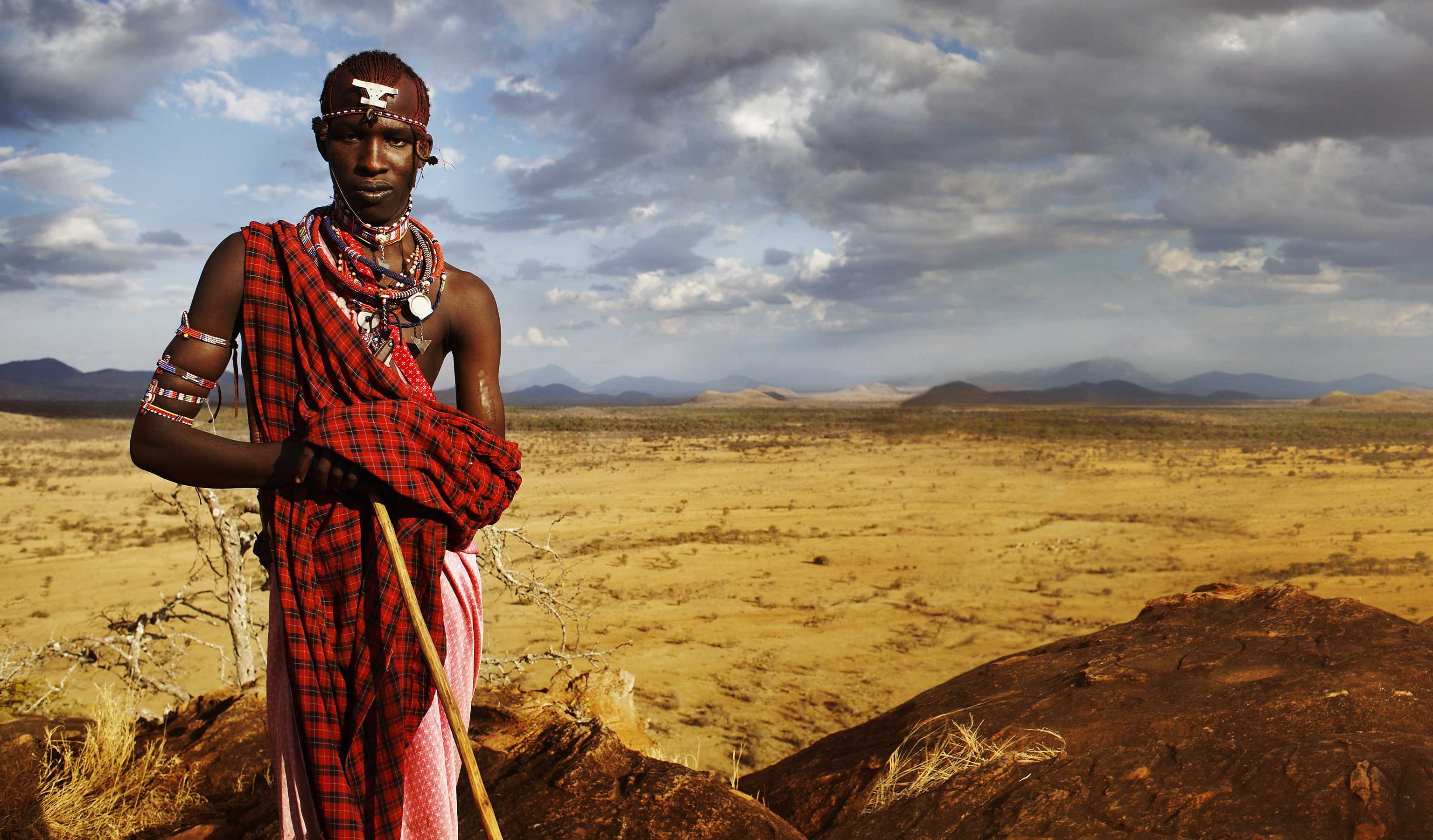“We are not myths of the past, ruins in the jungle, or zoos. We are people and we want to be respected, not to be victims of intolerance and racism.”
– Rigoberta Menchu, indigenous rights activist
Who are Indigenous Peoples?
Indigenous Peoples are groups living within or attached to traditional habitats or ancestral territories. An estimated 370 million across 90 countries, they identify themselves being culturally, socially, and politically different from the dominant societies they live in. There is no single definition of “Indigenous People”, hence, this self-identification makes a group indigenous. Also, known as First Peoples, Native Peoples or Tribal Peoples. Indigenous Peoples of the world include but are not limited to Inuit of Arctic, Maasai of East Africa and Vedda of Sri Lanka.
Their plight
Almost all Native Peoples share a common problem – the protection of their rights. They were the first in their homelands. However, at present and throughout history, they have been denied their rights. Many Native Peoples’ lands were acquired; flora and fauna plundered and invading mainstream cultures threatened their cultural practices. They are further disenfranchised as governments often do not have any indigenous representatives. Many times, the governments themselves have oppressed them. In Sri Lanka, the Mahaweli Development Scheme and government forest reserve restrictions have threatened the lifestyle of Veddas. Today, Indigenous Peoples are among the most vulnerable groups in the world.
A ray of hope
On 13th September 2007, the United Nations General Assembly adopted Declaration on the Rights of Indigenous Peoples. It was a major victory for the dignity of Indigenous Peoples. It recognizes the individual and collective rights of such groups. More importantly, it considers the fulfillment of many such rights which is the obligation of the State. Sri Lanka was also among the 144 members who voted in favour. It has received resistance and criticism. Still, it was the result of an idea originated in 1982 and was highly praised by many indigenous rights groups.
Journey so far…
9th August is the International Day of the World’s Indigenous Peoples. The UN has pronounced the theme as “10th Anniversary of the UN Declaration on the Rights of Indigenous Peoples” for 2017. This year April, President of the 71st session of UN General Assembly evaluated the decade that passed in a high level event. The UN have lauded the efforts of governments of many Latin American countries to recognize the identity and rights of their indigenous population. It has also acknowledged Chile’s publicly expressed intention to make constitutional reforms to recognize the indigenous people of their state.
Lot more to achieve…
However, the UN itself admits that despite progress, ‘there continues to be a gap between the formal recognition of indigenous peoples and implementation of policies on the ground’. It is taking measures for wider and better implementation on its side. The Sustainable Development Goals of the UN include explicit considerations of key priorities of indigenous people. The goals have six references to the groups in the 2030 Agenda, which the General Assembly urged all its members to give due consideration in 2016.


